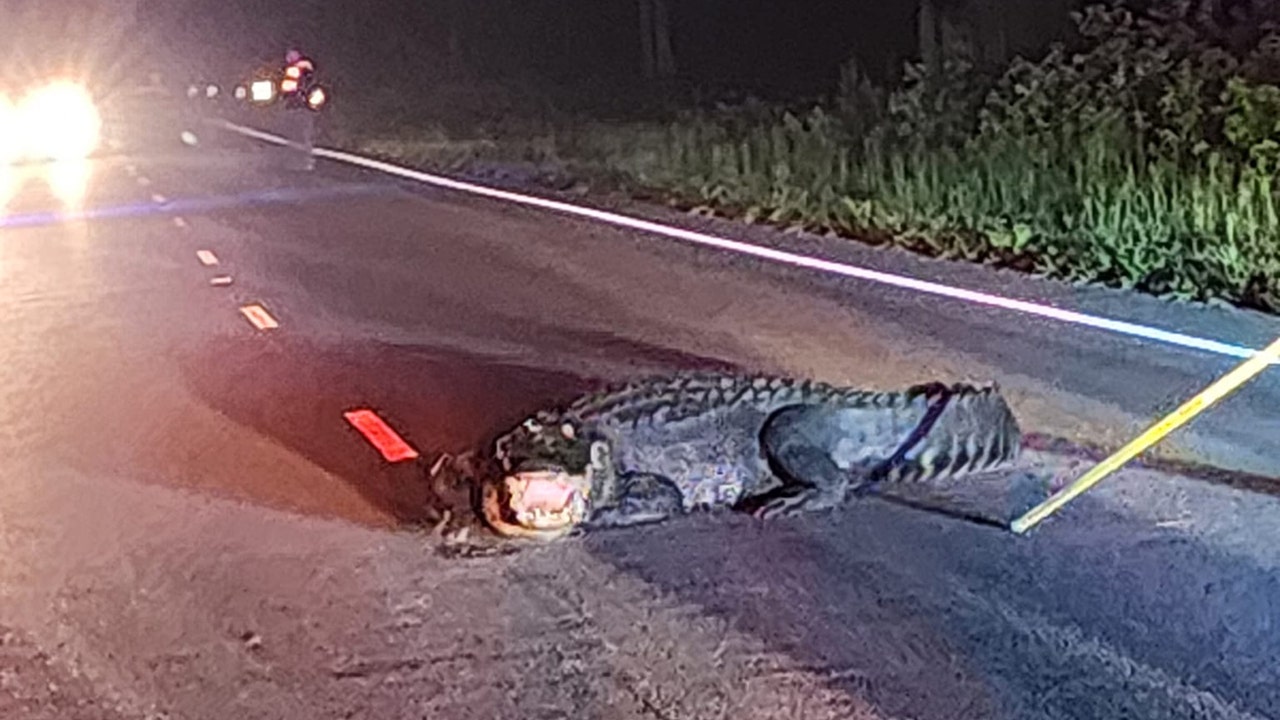
In a stunning finale to its term on Monday morning, the Supreme Court delivered a gift of inestimable worth to Donald Trump and all future presidents who intend to violate the law and their oaths to the Constitution. In a 6-to-3 ruling, the court’s conservative majority said that official acts that are central to the presidency are given “absolute immunity” from prosecution. Other acts, even those that reach to the outer edge of a president’s official duties, are “presumptively immune,” the court said, making them much harder to be prosecuted.
The immediate effect of the decision — one of the most consequential ever produced by the court on the subject of presidential powers and constitutional government — was to delay indefinitely the prosecution of Mr. Trump for his attempt to overturn the 2020 election. The vote this fall will now almost certainly move forward with no legal accountability for that act. But the long-term danger to the Constitution and the American government is even more serious, particularly given the real possibility that Mr. Trump, whose recent criminal conviction in New York is only the latest demonstration of his contempt for legal boundaries, could be returned to office in just a few months.
As of Monday, the bedrock principle that no one is above the law has been set aside. In the very week that the nation celebrates its founding, the court undermined the reason for the American Revolution by giving presidents what one dissenting justice called a “law-free zone” in which to act, taking a step toward restoring the monarchy that the Declaration of Independence rejected. Presidents can still be impeached for their crimes in office, but it is hard to see how they can ever be prosecuted. They can take once-unimaginable actions, like encouraging an insurrection at the U.S. Capitol, with no fear of later going to jail or being held legally accountable.
As Justice Sonia Sotomayor wrote in a blistering dissent along with the other two liberal justices, the ruling creates a series of “nightmare scenarios” for what a president is now allowed to do. “Orders the Navy’s SEAL Team 6 to assassinate a political rival? Immune. Organizes a military coup to hold onto power? Immune. Takes a bribe in exchange for a pardon? Immune. Immune, immune, immune.”
She added: “The relationship between the president and the people he serves has shifted irrevocably. In every use of official power, the president is now a king above the law.”
The decision, written by Chief Justice John Roberts, significantly raises the stakes of the coming election. Not only does it make clear the importance of a president’s appointments to the Supreme Court — all three of Mr. Trump’s nominees voted to give him the immunity he sought — but it also hands Mr. Trump carte blanche to act even more determinedly in a second term than he did in his first. The chief justice explicitly said that Mr. Trump’s speech and tweets on Jan. 6, 2021, urging his supporters to go to the Capitol and disrupt the certification of the vote, could well be protected as a standard use of the presidential bully pulpit. The court sent the case back to the district court to make factual determinations on that and other questions, a process that, including appeals, will take months if not longer.
And yet we know that Mr. Trump’s speech and tweets led to a violent insurrection. Now that Mr. Trump knows he could get away with that, how much worse would things get in a second term? The most urgent danger is his possible abuse of the legal system, because as the dissent suggests, if every conversation between the president and the Justice Department is considered a protected official act, there is no limit to the kinds of illegal conduct that could be plotted, even fabricating evidence.
What doesn’t count as an official act? The justices in the majority would not say, but it is hard to identify any clear guiding principle — perhaps because they couldn’t find any.
Prior to this decision, there was no grant of criminal immunity to presidents; though the authors of the Constitution gave a form of that privilege to members of Congress, they declined to do so for the chief executive. For a conservative majority that pretends to rely on historical precedent, the newly created standard is remarkable for its lack of basis in the Constitution, law or any precedent of the court. It was made up out of thin air.
The product of the majority’s invention runs counter to the entire notion of a government based on the rule of law. It also runs counter to the long-settled understanding of a president’s exposure to criminal prosecution, regardless of whether his acts were considered “official.” As Justice Sotomayor pointed out, why would Richard Nixon have accepted a pardon for his role in the Watergate scandal if not because everyone agreed that he could otherwise be prosecuted for his actions?
This same understanding was clear during Mr. Trump’s second impeachment trial, in 2021, when his lawyers insisted to senators that acquitting Mr. Trump for his actions on and around Jan. 6 would not leave him “in any way above the law.” They acknowledged that a former president “is like any other citizen and can be tried in a court of law.”
Not any more. In Justice Ketanji Brown Jackson’s words, it’s “a five-alarm fire that threatens to consume democratic self-governance and the normal operations of our government.”
Chief Justice Roberts tried to dismiss the concerns about the implications of the court’s ruling by saying that “the president enjoys no immunity for his unofficial acts, and not everything the president does is official. The president is not above the law.”
But unofficial acts, like a campaign speech, were never at the core of this dispute. Even Mr. Trump’s attorneys conceded he was not immune from prosecution for unofficial acts. The problem is that the scope of what is “official,” according to this court, has no definition. The majority refused to label any of Mr. Trump’s actions as clearly unofficial, even actions that Mr. Trump’s own attorneys conceded were not official, such as conspiring to organize fraudulent slates of electors.
“The courts have spoken,” Mr. Trump said after the ruling. As always, the only legitimate outcomes Mr. Trump recognizes in American government are the ones that benefit him personally. This is the attitude he has promised to bring to the 2024 election. If he loses, he has already said it will be because of fraud. If he wins, he will take the message the court gave him on Monday and act accordingly. And the country will undoubtedly be left worse off for it.





